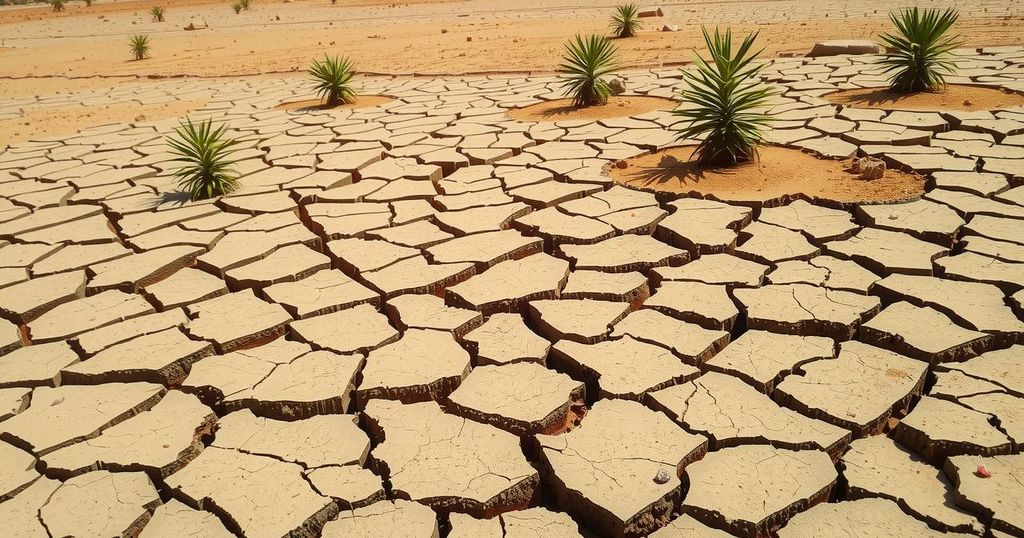Zimbabwe is grappling with a significant food crisis due to prolonged droughts affecting seven million people. The World Food Programme has partnered with other nations to provide essential food items. Neighboring countries are similarly affected, with Namibia resorting to extreme measures such as slaughtering wildlife to cope with food shortages.
In a recent episode of Africa Daily, host Mpho Lakaje addressed the severe drought affecting Zimbabwe, which has resulted in significant food shortages. Currently, approximately seven million citizens are in urgent need of food assistance due to the ongoing crisis.
To combat this dire situation, the World Food Programme, in collaboration with various nations, has initiated efforts to provide essential supplies, including bags of maize, pulses, and cooking oil. Neighboring countries such as Zambia and Malawi are also experiencing similar adversities.
Namibia’s response has been particularly drastic, with the government resorting to the slaughter of wild animals, such as hippos, elephants, and zebras, to sustain its population. In light of the escalating conditions, Zimbabwean President Emmerson Mnangagwa has declared a national disaster to address the challenges posed by the prolonged drought.
In summary, Zimbabwe is facing a critical food crisis as a result of ongoing drought conditions, which have affected millions. Urgent measures, including international aid and the declaration of a national disaster, have been implemented to provide support and resources to those affected. Neighboring countries are not exempt from similar hardships, illustrating the widespread impact of this environmental challenge.
Original Source: www.bbc.com




